JournalismPakistan.com | Published June 20, 2012 | Hassan Shehzad
Join our WhatsApp channel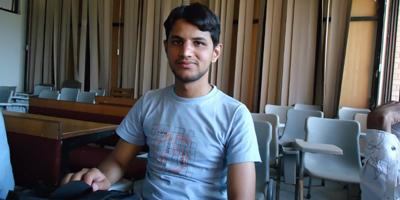
ISLAMABAD: I knew him to be an able student and a gentle soul and my heart bleeds when I talk of him in the past tense. Umair Zahoor is no more.
Journalism doesn’t allow use of euphemism to define suicides so the keys for the phrase ‘committed suicide out of despair’ are hitting my fingers. He was my student and to my dismay it is a fact I was not there when he needed me.
I remember about a year ago, he failed to appear in my paper. He told me later he was ill. Convinced that rules are made to facilitate people, I set a new question paper and arranged for him to take the examination in my office. It is now that one of his class fellows tells me Umair attempted suicide that day.
Reason: joblessness. Since I happen to teach media at a public sector university and contribute to a national newspaper, many of my students come to me seeking information on where to apply and how. Some insist I help them find a job.
Understanding the job market and the total disregard to its requirements in course studies on the campus, I would share jokes with them, urge them to read and write and request editors to consider them if they needed fresh blood.
Umair also called me and I tried to do all that I could – request the editors to give him a chance and advised him to read and write. I failed to make out I should not have taken Umair’s call as a routine matter.
He interned at an Urdu newspaper and its management told him his case for appointment had been sent to their headquarters in Lahore. He was happy, unbeknown to the fact his case would never reach Lahore and even if it did, it was highly unlikely it would be returned with a positive note.
He had been getting curious and finally got to know the truth and could not bear it. I could have told him my story. I took an informal start from the English newspaper of the same group where Umair had interned. I would read and write a lot and had to walk miles to reach office (I could not hire taxis or pay bus fares daily) hoping I would be hired.
Like Umair, I would ask about my status from editors again and again. One day, I entered the big room and presented my case, desperate. I was shown the way to Lahore and was fool enough to walk into this trap. I went and the editors there told me they were unaware of my case and would take my test afresh if I needed a job.
Going through the test and working months on the desk, I never got an appointment letter or a single penny. Upon inquiring, the editor told me not to make a fuss and leave the office.
On the road and unable to develop a network, an American term to indicate connections or sifarish, I broke down and the city pushed me back to my village.
However, after some time, I came back fighting and applied for a job in a budding newspaper (in 2003) and was hired as a sub-editor.
In hindsight, I could have told Umair instead of getting disheartened, he should have taken it as an opportunity. The newspaper that added more than its fair share of cruelties in his life and lives unintentionally opened ways for my journey ahead. I could have told him that he should stay. Stay the course. But I failed.
This piece is an attempt to tell other aspiring youngsters like Umair: Just hang on!
(The writer is a senior journalist and a media researcher at the International Islamic University, Islamabad)
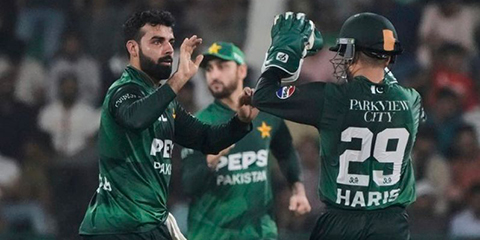
June 11, 2025: Pakistan celebrated a narrow win over Bangladesh, but beneath the jubilation lies a deeper crisis—from sidelined veterans to a collapsing domestic structure—signaling an urgent need for cricket reform.
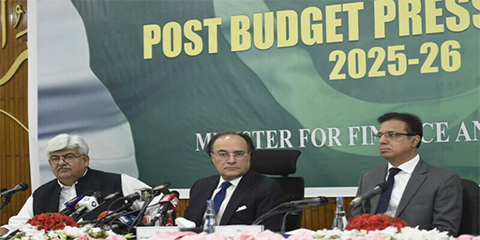
June 11, 2025: Journalists walked out of the post-budget press conference in Islamabad to protest the absence of a technical briefing and the government's dismissive behavior, calling it unacceptable and intolerable.
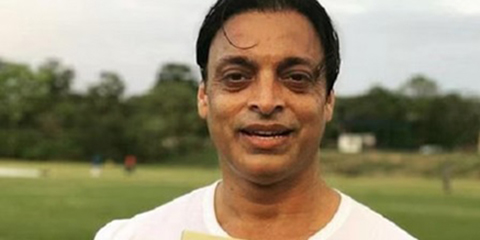
May 31, 2025: Dr. Nauman Niaz has issued a defamation notice to Shoaib Akhtar over derogatory remarks made during a recent broadcast, reigniting a longstanding media feud between the two prominent figures in Pakistan.

May 30, 2025: The Human Rights Commission of Pakistan has demanded the full repeal of PECA, citing its vague language, coercive powers, and threats to free speech and digital rights in Pakistan.
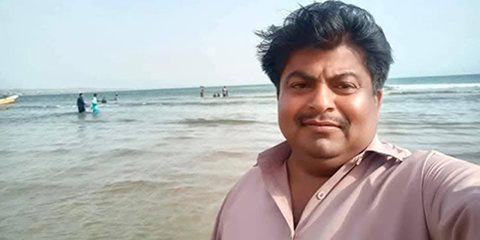
May 30, 2025: The Pakistan Federal Union of Journalists (PFUJ) has condemned the murder of journalist Syed Mohammed Shah in Jacobabad, calling for urgent justice and improved safety for media professionals in Sindh.

May 26, 2025: In Rawalpindi, police allegedly side with Jang Group to block 66 reinstated employees from resuming work despite court orders, drawing sharp criticism from unions and press freedom advocates.

May 25, 2025: PFUJ condemns the Jang Group's decision to dismiss over 80 employees in Rawalpindi, calling it an 'economic massacre.' The union warns of nationwide protests if workers are not reinstated.
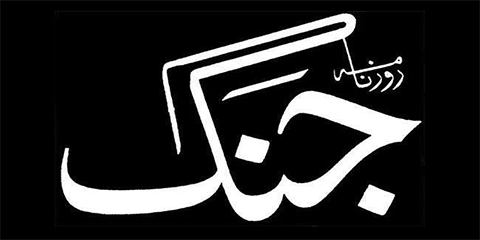
May 25, 2025: Daily Jang Rawalpindi has terminated over 80 employees, including female staff, despite multiple court rulings in their favor—raising concerns over labor rights violations and misuse of authority in Pakistani media.

May 19, 2025 PJS reports 219 Palestinian journalists killed in Israeli attacks since October 7, with 30 women among the victims. Over 430 were injured and 685 family members were killed. Read more on the systematic targeting of media in Gaza.

May 15, 2025 Discover the legacy of Samiullah Khan, Pakistan’s legendary "Flying Horse," whose breathtaking speed and artistry redefined hockey. From Olympic glory to World Cup triumphs, his story is one of myth, movement, and magic.
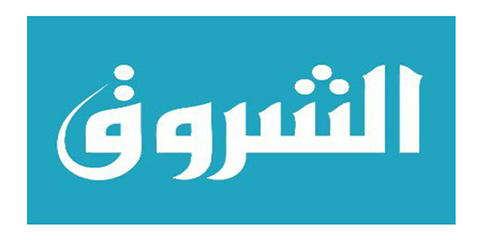
May 04, 2025 Algerian authorities suspend Echorouk News TV for 10 days after it used a racist slur against African migrants. ANIRA demands an apology, calling it a violation of human dignity.

May 04, 2025 NCHR and MMfD launch a journalism fellowship to train reporters on digital rights & gender inclusion in Pakistan. Supported by UNESCO, this initiative aims to bridge the gender digital divide. Apply by May 15, 2025!
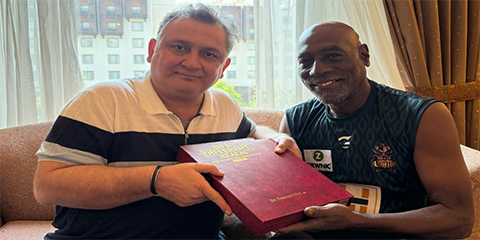
April 23, 2025 Discover Dr. Nauman Niaz’s In A Different Realm: Story of Quadruple & Triple Centuries 1876–2025, a profound exploration of cricket's most monumental innings, blending historical analysis with poetic narrative.